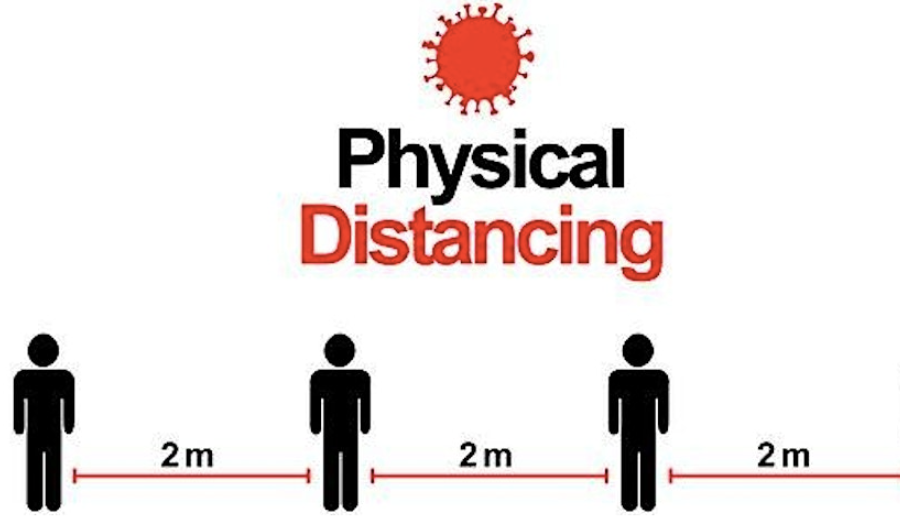The Centre for Primary Health & Social Care at London Metropolitan University organised a seminar titled: Cultural Explanations of non-pharmaceutical Interventions for COVID-19: Debunking Three Myths of South Korean 'Success'.
Our speaker was Dr Choon Key Chekar, who is a Senior Research Associate at the Lancaster Medical School, Lancaster University.
COVID-19 has presented challenges across the globe that led to a number of shared lessons to be learnt. Yet, we have been inundated with comparative accounts that characterise national pandemic responses as inherent and unique to certain countries, which, Dr Chekar and her colleague argue, led to COVID-exceptionalism. In this seminar, Dr Chekar challenged three “cultural” myths of South Korea’s “successful” responses to the COVID-19 crisis:
- Cultural acceptance of face-covering in East Asia, including South Korea.
- Korean citizens’ acceptance of prioritising public health over privacy.
- Korea’s digital contact tracing efficiently saves lives.
By debunking these myths, this seminar discussed what might have been the disadvantages of the cultural exceptionalism rhetoric in public health policy. COVID-exceptionalism may have caused not only the issue of reinforcing existing “(East) Asian”/“Western” stereotypes but also other problems, such as implicitly granting political impunity to those responsible for coordinating COVID-19 responses.

